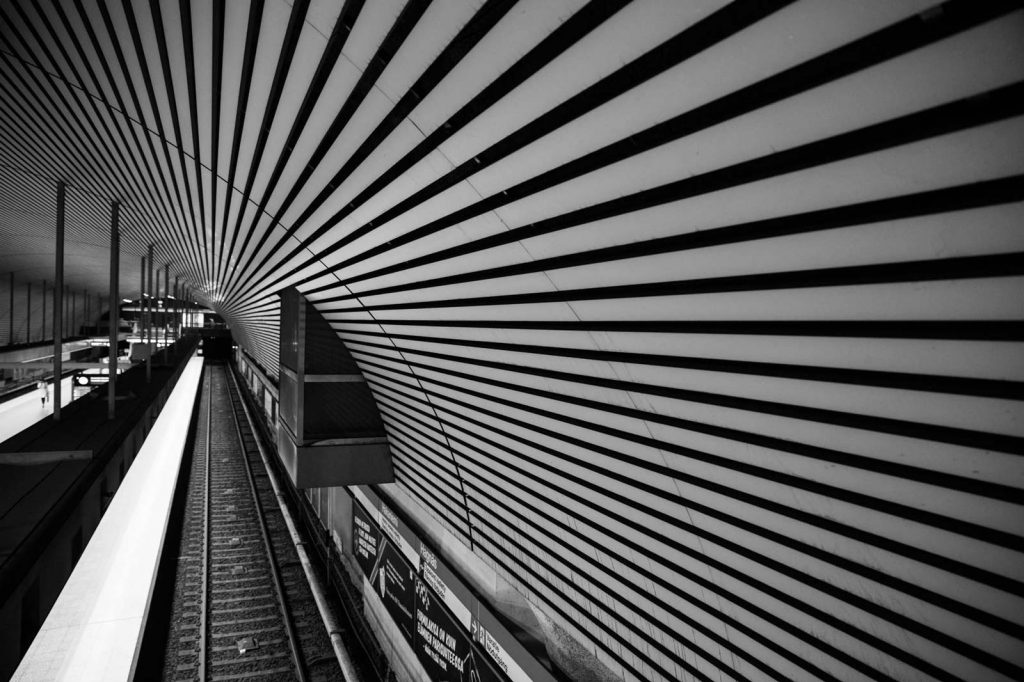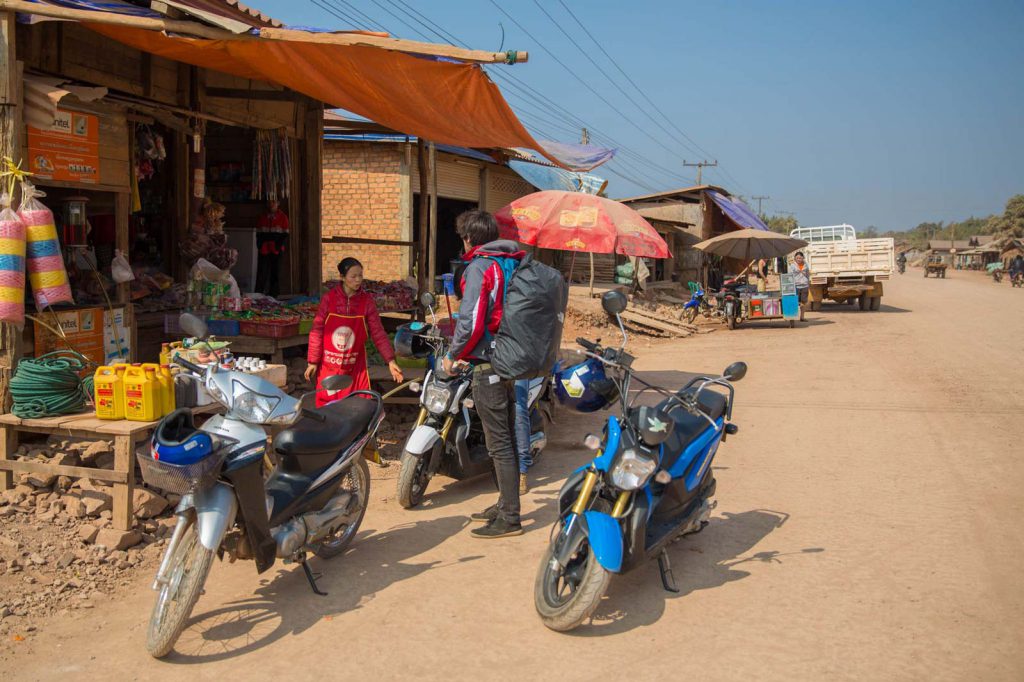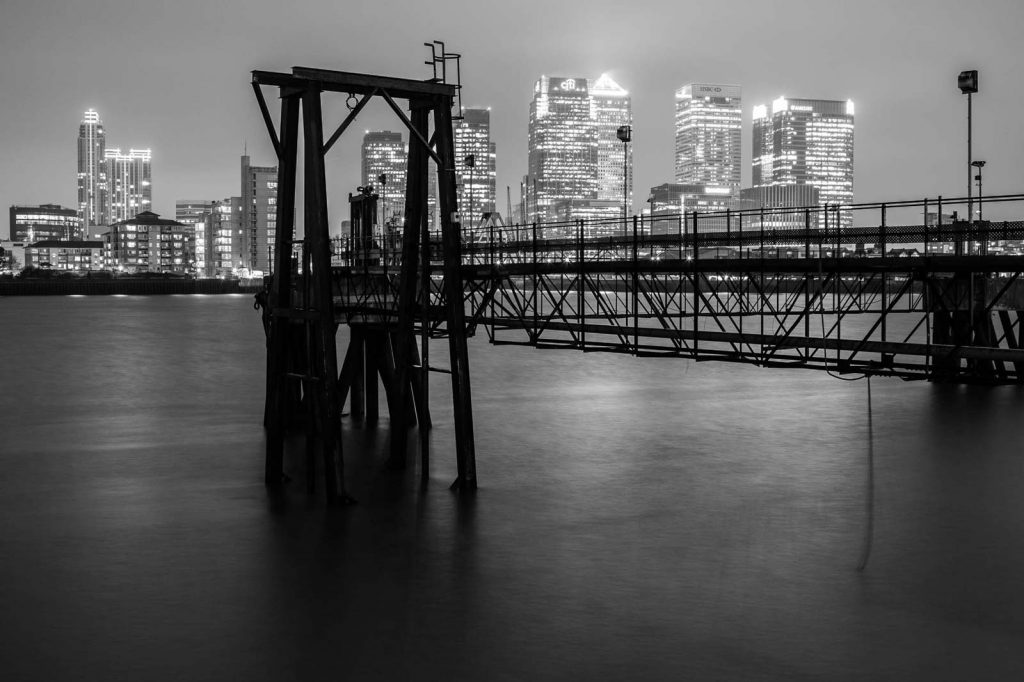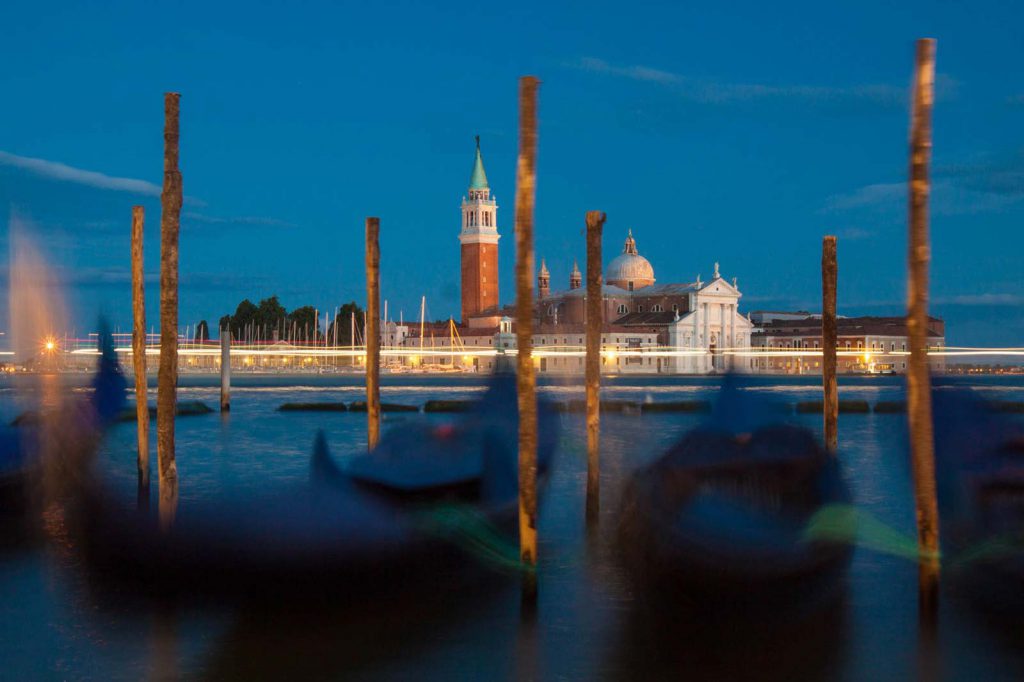Learn / 05 Jul 2016 / 0 COMMENTS
How to choose the right camera
So you decided to take the plunge and buy a new camera, but you’re not really sure which one you should go for? I get lot of people asking me this same question and instead of giving them a list of camera models, I would ask them a couple of questions to better gauge what is the most suitable fit for each person.
There is no one camera that fits all and with the ever increasing categories of cameras from compact, over DSLR’s and mirrorless, the choice is sometimes just too overwhelming. To help you narrow down your choice to the camera that is right for you, I created following list of eight questions you can follow:
1. What Is My Budget?
The first question to ask is how much can I afford to spend and based on that make your first selection of cameras that fit into the price range. This will help you limit the options and save you money, which is better spend on other things that you will need besides the camera. Remember that the camera itself is just one part of the kit, there are lenses, tripods, and memory cards to think about. More often than not a set of good lenses will set you back more than the camera itself.

2. What Am I Going To Take Photos Of?
Now that you have your budget lets have a look at what you’re going to be taking photos of and the environment your going to be using the camera in. If you are just taking some holiday snaps, the camera on your phone might be enough but if you want some more control then you might have to buy a dedicated shooter. It’s best to make a list of the things you want to take photos of and what you are going to do afterwards with the photos to help you pinpoint the appropriate use case.

3. What Is My Experience?
If you are just starting with photography it is not always the best choice to go with the most expensive or professional camera. I see a lot of people buying a DSLR in the hopes that they will take better pictures just by owning one, and end up not taking it with them because its either too heavy or the photos they take look as equally good with a camera phone. It is often a better choice to start with a camera that fits your skills and work your way up the ladder, so to speak. Once you reach the capability and limits of your camera then consider upgrading to a better one.
So always have a proper reason why you want a certain camera and justify it, not just by what kind of photos I might want to take in the future but by what pictures I intend to take in the short term. By the time you reached that experience level you might have already switched cameras anyway.

4. How Much Am I Willing To Carry?
The downfall of any DSLR is their weight and size and the reason why many photographers leave theirs back home and don’t take them on their trips. So if portability is an issue you might be better off with a compact or mirrorless camera. I sometimes debate to take my rather heavy 5D with me, but being young and strong I can easily put up with carrying it on my trips. I am pretty serious with my photography, which is why two thirds of my luggage consists of photography gear. I however still toy with the idea of getting a smaller and lighter camera for the sake of my back.

5. What Features Do I Really Need?
This is where things can get very confusing and frustrating. There are so many features being touted to make one camera model more appealing than the other. Starting with the megapixel count, to ISO sensitivity, frames per second and simple things like adjustable displays or WiFi capability. The wealth of features your camera should have is based on the use case scenarios we touched upon earlier. Therefore it is best to start with a simpler and cheaper camera first to actually find out if you need the features of the more expensive camera. Because when it comes down to it most features end up being unused and are just there for a simple reason: marketing.

6. How Does It Feel To Handle The Camera?
The top advice I give to anyone who has narrowed it down to one or two models is: “Go to a shop and try it out” I would never buy a camera without actually having a go at picking it up, because you just can’t judge a camera from looking at its specs, reviews and photos on a website. I often decide based on how easy it is to handle the camera, its ergonomics and how intuitive the menu is. All of which can only be done whilst handling a camera. Ever so often someone would tell me that they opted for a completely different model based on my recommendation to try it out.

7. What Are Others Saying About It?
So if you’re still not 100% sure about your choice you should always have a look at reviews of your chosen camera online. There are a variety of websites that you could have a look at to see how your camera compares to another model. Therefore its best to have a look at least 2-3 different reviews to see if they found the same issue that might be a deal breaker for you. I for one nearly bought a Sony A7 when it first launched. On paper and photos it looked like the perfect camera and it even felt right when handling it but there were many comments about it being rather slow at autofocusing and boot-up, which soured the deal for me. But be careful though not to let one review alone sway your opinion, most often they are nitpicking things that are not going too impact your day to day shooting. As I said before look at different sources and compare.

8. What Is My Preference?
When it really comes down to it the last deciding factor should be your personal preference. This is why handling the camera is so important, as I was highlighting before. I often considered a move from Canon to Nikon or Sony, but decided to stay with Canon because I was used to it: I know the fastest way to change a certain setting and I just prefer the simple menu and info display of a Canon. This is something very subjective so I can’t really give you any other advice than going for the one you feel is right. Because at the end of the day you will be the one using the camera day in and out, not me or a random guy or girl on youtube.





